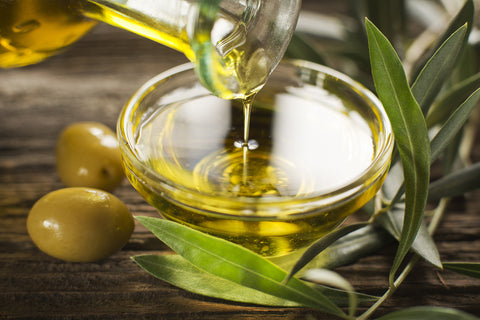Olive oil is of great importance globally. The International Olive Council (IOC) was founded in Madrid in 1959 specifically for this product (and table olives), which reports directly to the United Nations. The envoys of the member states, producer and consumer interests gather here to set uniform quality standards and test methods worldwide. The European Union implements these standards directly in its legislation. The quality of olive and olive pomace oils and their marketing within the European Union is directly regulated and ensured by these three regulations:
- Regulation (EU) No. 1308/2013 on a common organization of the market in agricultural products
- Implementing Regulation (EU) No. 29/2012 laying down marketing rules for olive oil
Olive oil is the most regulated food at EU level. Here you will find all the specifications for distributors for labeling, laboratory analysis methods, chemical limit values, rules for tasting, how an olive oil may (not) taste objectively, customs regulations, container sizes and much more. There is practically nothing that remains unregulated. Anything that is not explicitly allowed is forbidden. This should not encourage the potential for adulteration of this high-quality product and protect the consumer from deception.




Comments (0)
There are no comments for this article. Be the first one to leave a message!